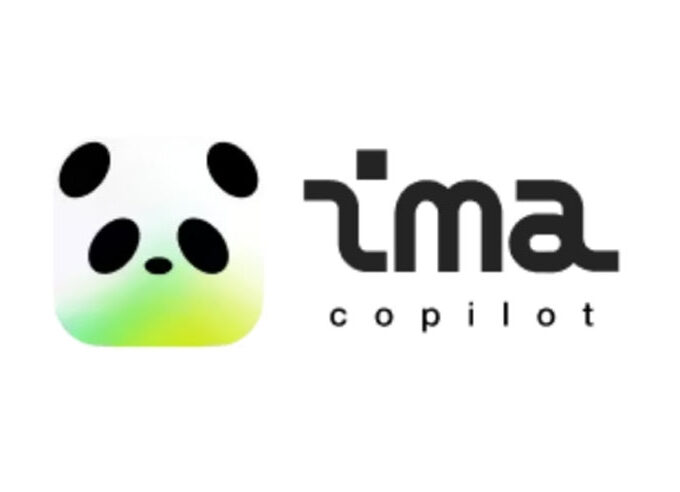To meet the growing demand of teachers and students for diversified learning content, South Korea will introduce artificial intelligence textbooks into primary and secondary school classrooms starting in 2025. Specifically, starting in the spring of 2025, students in the third and fourth grades of elementary schools, as well as the first and first grades of junior high school and high school in South Korea will use AI textbooks in four subjects: Korean, mathematics, English, and information technology. South Korea plans to expand AI courses to subjects such as society, science, home economics, science and technology in 2026; include them in history courses in 2027; and complete AI courses except for practical courses such as sports, music, and art in 2028.
Relevant departments in South Korea said that AI digital textbooks can observe students’ comprehensive learning level in real time and conduct “targeted teaching”. AI can also analyze students’ acceptance and growth, provide basic courses to students with weak learning ability, and give students with strong learning ability in-depth teaching courses.
South Korea’s Plan to Promote AI Textbooks
Starting from the new semester next year, the South Korean government will promote the popularization of artificial intelligence digital textbooks (AIDT). However, the Korean education community is concerned about the excessive reliance on digitalization in teaching, the decline in students’ reading comprehension ability, and insufficient government budgets, which has led to constant opposition from education experts and the public. The Korean government has had to adjust the application subjects and implementation time of artificial intelligence digital textbooks. At present, the Korean Ministry of Education has completed the review of 146 artificial intelligence textbooks and finally approved 76 of them.
South Korean Deputy Prime Minister and Minister of Education Lee Ju-ho announced the “Adjustment Plan for the Introduction of AIDT Roadmap” on November 29. Among them, the most important change is that the national language subject is retained in elementary, junior high and high schools, that is, digital textbooks will not be used. The introduction of AIDT for elementary school social (history) and science, and middle school science will be postponed to 2027, one year later than originally planned. However, subjects such as mathematics, English and information for third and fourth grade elementary school and first grade junior high school and first grade high school will start next year as originally planned. The subjects of elementary school Chinese language, practical science (a Korean elementary school curriculum combining life science and engineering technology) and middle school Chinese language, technology, and home studies, which were originally scheduled to introduce AIDT in the 2026 school year, were listed as “inapplicable”. High school Chinese language and practical science, which were originally scheduled to be introduced in the 2028 school year, were also excluded.
Tech Companies are Competing to Provide Services
South Korean companies such as LG Electronics and Samsung Electronics are competing to provide “education technology” services, which feature the combination of education and digital technology. The global education technology market is expected to double in size in five years, and Korean companies are also stepping up efforts to seek development abroad. The Korean Ministry of Education said that the artificial intelligence textbook is a world first and was jointly developed by LG Electronics and other companies and more than 60 textbook companies.
Using virtual reality (VR) technology to learn history, students can see pottery and clothing from the Stone Age and have a real learning experience. The government is responsible for information management such as sharing education data and training professional teachers.
In promoting artificial intelligence textbooks, the CLOi robot will be responsible for assisting teachers. Shin Seung-ho, team leader of LG’s education division, said, “We aim to create classrooms that make children who grow up in the electronic age feel happy.”
AI textbooks have a wide range of related services, such as network infrastructure or electronic blackboards introduced by schools. Samsung Electronics released an educational display equipped with generative AI in June. Teachers can give voice commands to AI from anywhere in the classroom, and the display can also automatically transcribe and summarize the text. Samsung Electronics commented that this product has the meaning of “allowing teachers to move freely in the classroom and pay close attention to each student.”
Although digitalization in educational practice has developed to a certain extent, many parts of it are still in the simulation stage, so educational technology has broad prospects for medium- and long-term development. LG Electronics aims to introduce the classroom of the future to Japan by 2024. The company also focuses on the Indian market with a population of 1.4 billion and has sold a total of 10,000 electronic blackboards in 2,900 public high schools in eastern India.

AI Textbooks Raise Concerns
The government’s latest move to delay and adjust the introduction of AIDTs for multiple subjects is due to widespread concerns that AI textbooks could exacerbate students’ over-reliance on digital devices and cause other problems. In addition, education experts and parents are concerned that the government’s original introduction timeline was too hasty, teachers need time to adapt and adjust their teaching methods, and schools have not received relevant budgets.
Since the government proposed the idea of AI digital textbooks, AI experts have been concerned about its “AI chatbot” function. “With the current level of technology, it is very difficult to ensure that AIDTs are equipped with error-free generative AI. In the field of public education, generative AI must be verified and modified over a long period of time to meet the public’s expected usage standards and avoid adverse effects on students, but (the government) is too eager to promote this project.”
Meanwhile, more than 50,000 parents have signed a petition asking the government to consider the overall situation of students more. Parents are worried that excessive use of digital devices may have a negative impact on their children’s brain development, attention and problem-solving skills – they already overuse smartphones and tablets. The South Korean government has not yet clarified how the digital textbooks will be used, or what measures will be taken to prevent the tendency to “hallucinate” and misinformation. “Hallucination” in AI refers to the fact that large language models (such as ChatGPT) may make up fictitious or meaningless answers when generating responses, resulting in inaccurate output. This phenomenon remains a common problem in AI systems even after years of development and huge investments.
The education technology industry is an area of fierce competition among large information technology companies in various countries. Whether South Korea’s education technology can survive also depends on the success of government and private AI textbook projects.












